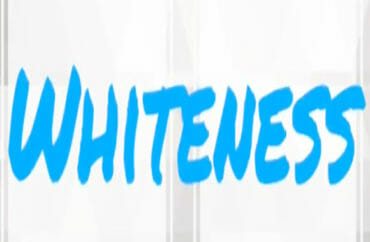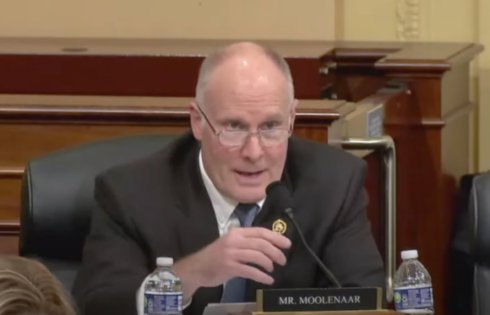
Here we go again: The mainstream media treats us to another fatuous piece about how an “incorrect” percentage of women and minorities working in the sciences is a “problem.”
Of course, most people, for some silly reason, couldn’t care less about the color or gender of those working in the hard sciences. But leave it to the New York Times to highlight several individuals who do care — who, coincidentally, have a background or employment in an academic “diversity” field.
For example, Assistant Director of Academic Affairs and Diversity Kuheli Dutt of Columbia University’s Lamont-Doherty Earth Observatory claims the “lack of diversity and inclusion is the single largest cultural problem facing the geosciences today.”
Unsurprisingly, Dutt’s research focuses on “gender issues, implicit bias, and diversity in the sciences.”
Dutt wrote a piece recently for the journal Nature titled “Race and racism in the geosciences” which hits many academic race fads, especially the belief that colorblindness is “racist,” and that racism itself is all about who holds “power.”
The diversity director says one thing white geoscientists should do to help increase a “sense of belonging” among marginalized groups is “separate their privilege as a White person from their identity as a good person.”
“Conflating the two,” she adds, “leads to feelings of anger, denial and defensiveness, because racism tends to be viewed as a character defect rather than the system of advantage and social conditioning that it really is.”
This “sense of belonging” was lacking for Columbia PhD student Arianna Varuolo-Clarke who, upon receiving an internship at the National Center for Atmospheric Research, “quickly realized […] her path as a woman of color would not be easy.”
Despite “walk[ing] through the halls” of Columbia and seeing “a lot of old white men,” Varuolo-Clarke says she nevertheless persevered. When her department was the target of an isolated racist email back in May, Varuolo-Clarke claims the message “brought to the surface what still needs to be done in the field.”
The geosciences — which include the study of planet Earth, its oceans, its atmosphere and its interactions with human society — are among the least diverse across all fields of science. Nearly 90 percent of doctoral-degree recipients are white. In the country’s top 100 geoscience departments, people of color hold under 4 percent of tenured or tenure-track positions. A 2016 survey from the National Science Foundation showed that representation of people of color in geosciences has barely budged in the past four decades, although significant gains have been made in terms of gender balance. …
“You think of a bearded guy on top of a mountain wearing flannel and hiking boots,” said Jonathan Nichols, an associate research professor at Lamont-Doherty. “We just had our big fall conference and there were 20,000-plus geologists, and you look around and it’s all old bearded guys.”
That stereotype, Dr. Nichols said, can make the field feel unwelcoming to people of color, who don’t see themselves represented at conferences and among faculty members. Dr. White concurred that the geosciences had an “image problem” that prevents young people of color from applying for research opportunities.
That lack of representation in turn affects the quality and focus of earth science research, especially on climate change.
“It’s not rich white people who will be impacted first and most by climate change,” Dr. Nichols said. “It’s the people in marginalized communities. And if you forget that this work isn’t just an academic pursuit, then why are you even doing it? You have to keep in mind the real impact.”
Columbia PhD student Lorelei Curtin added that earth science classes could be “enriched” by more Native American voices since “Indigenous people have a unique connection to the land.”
Curtin helped create a book club, aptly titled “Race Talk,” in which fellow geoscientists yak about “race and white privilege.”
MORE: Women, minorities show less interest in research faculty careers
MORE: Math prof who argues against ‘truths and knowledge’ hosts convocation
IMAGE: YouTube.com
Like The College Fix on Facebook / Follow us on Twitter






Please join the conversation about our stories on Facebook, Twitter, Instagram, Reddit, MeWe, Rumble, Gab, Minds and Gettr.